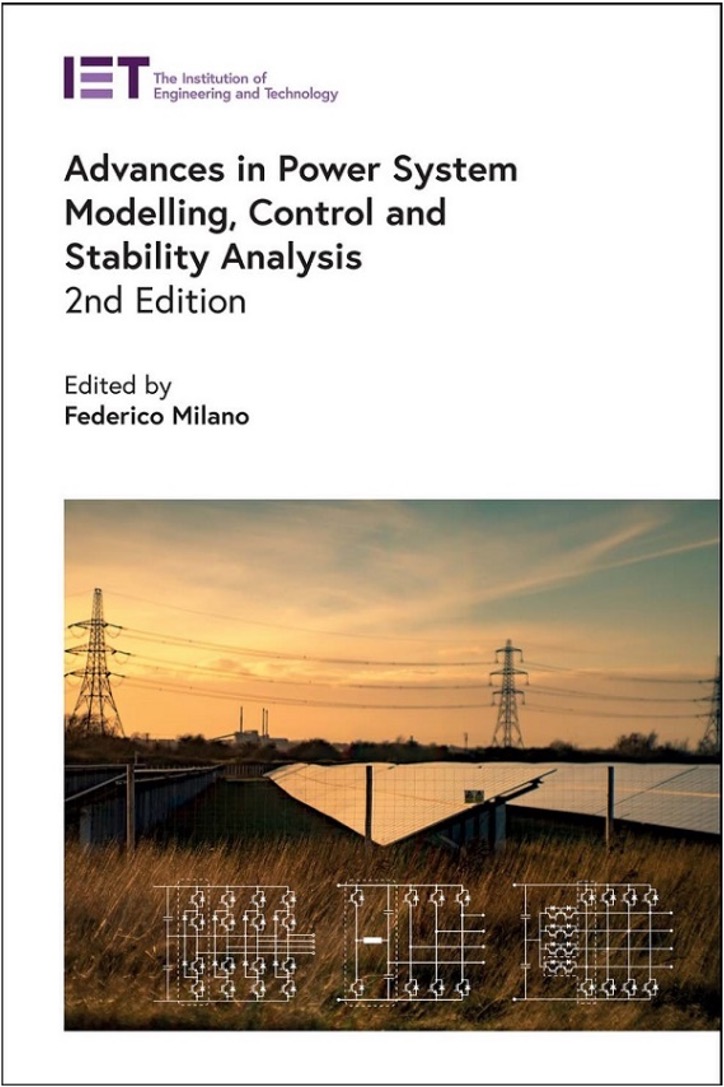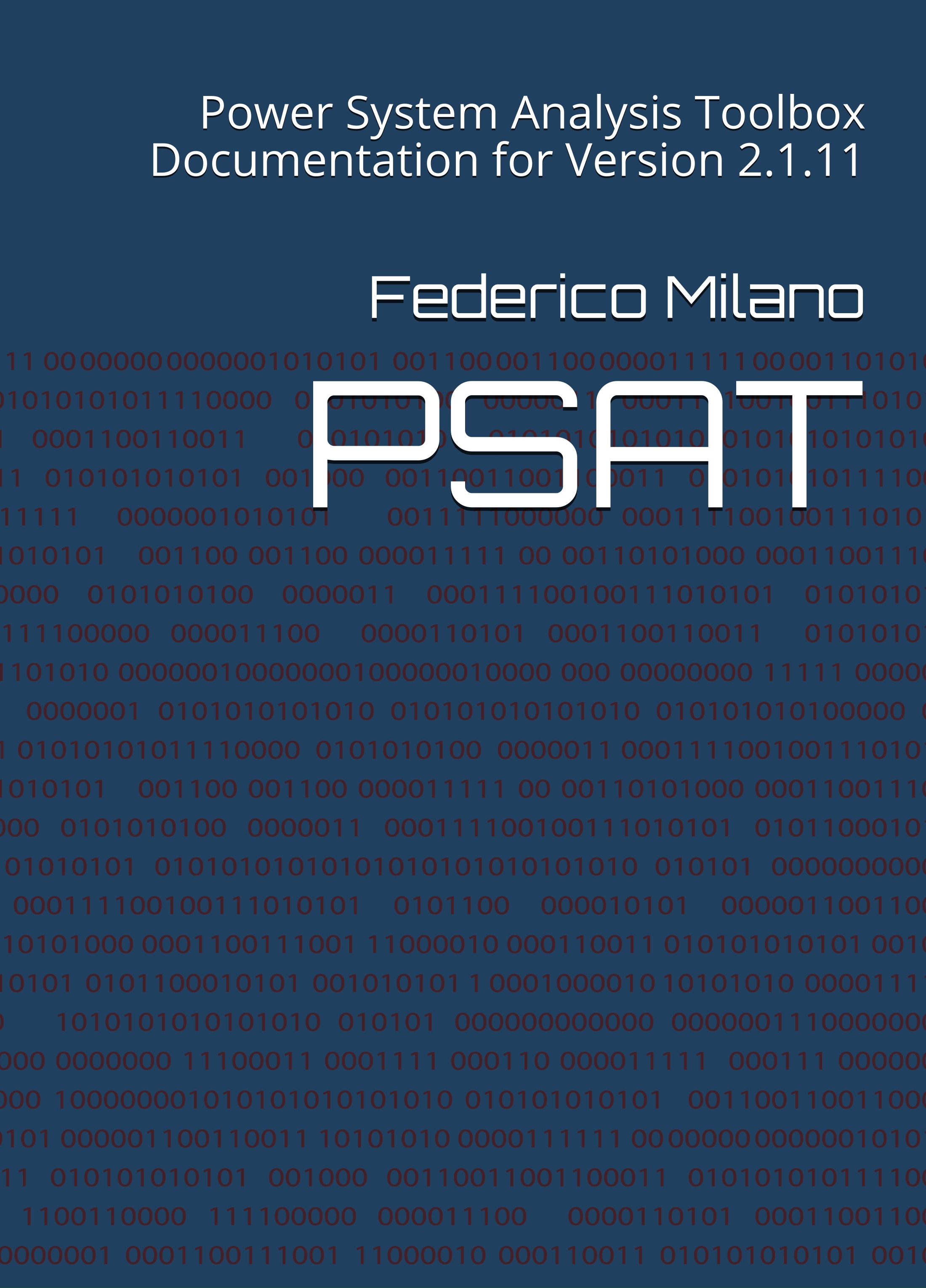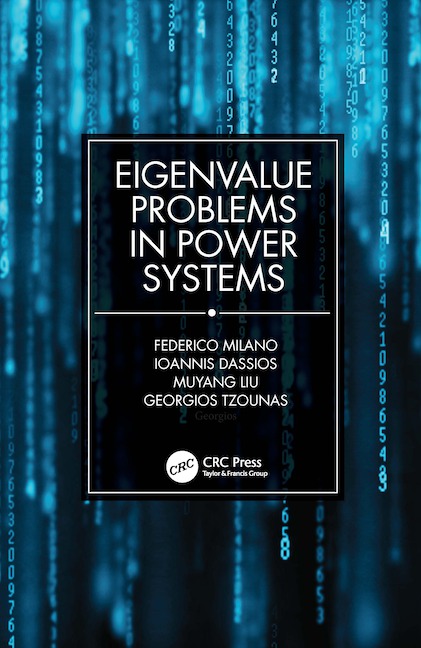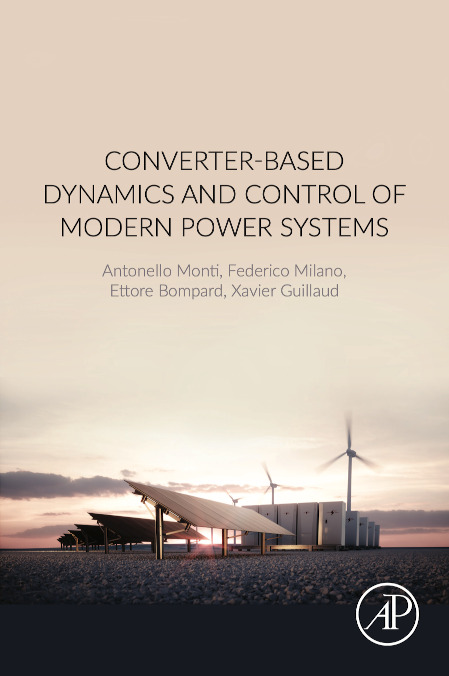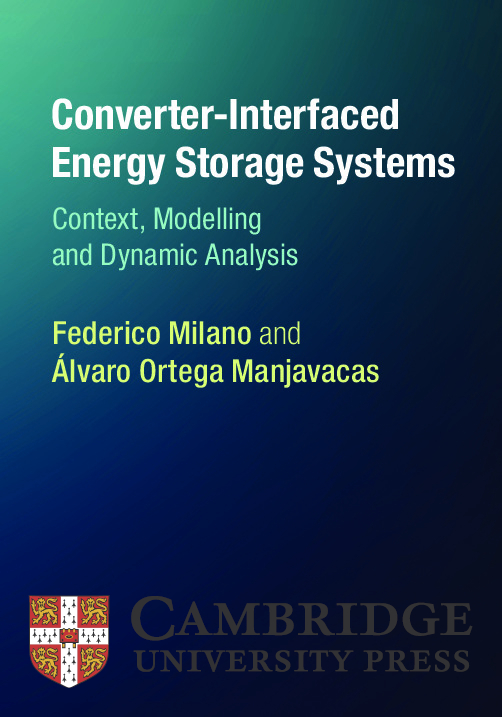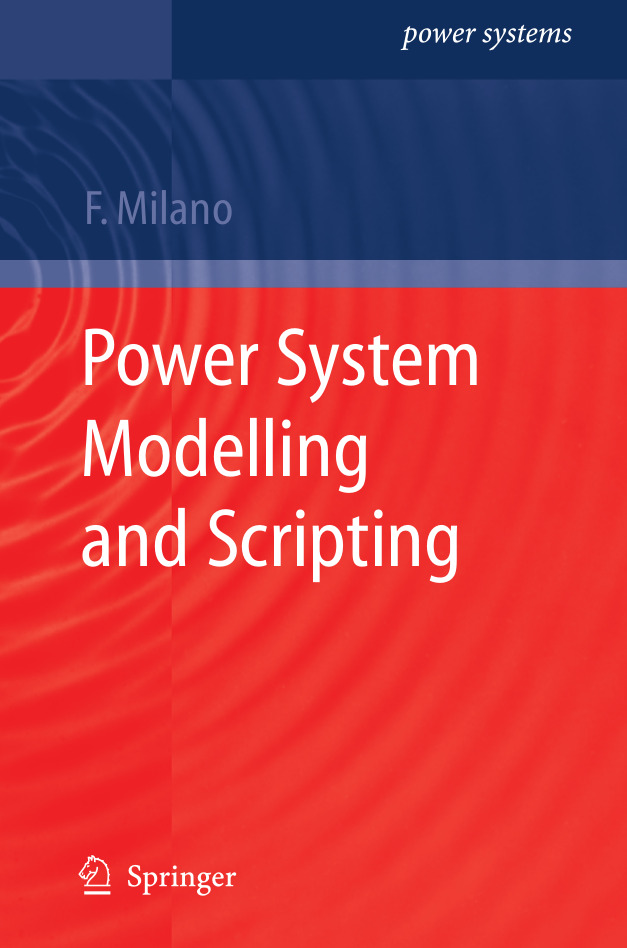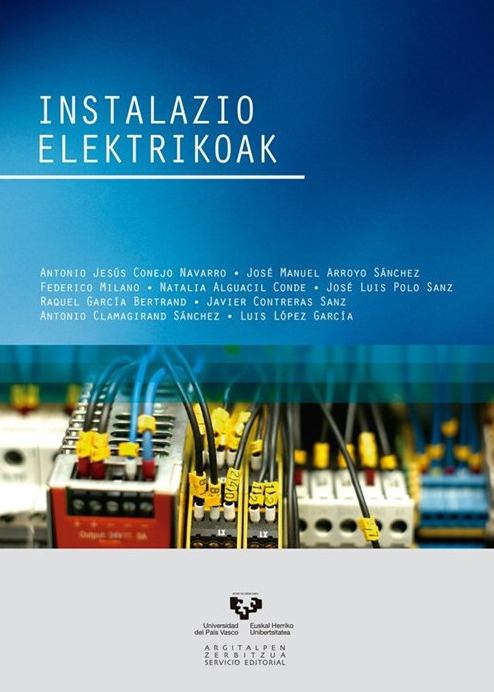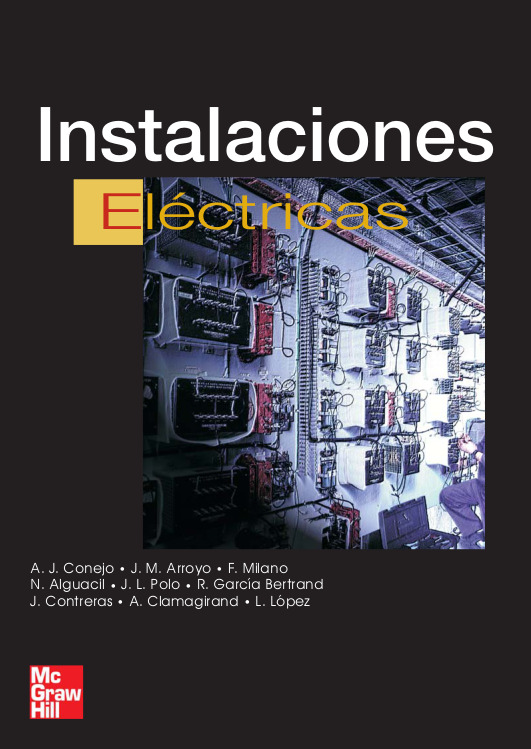Prof. Federico Milano's Website
About me
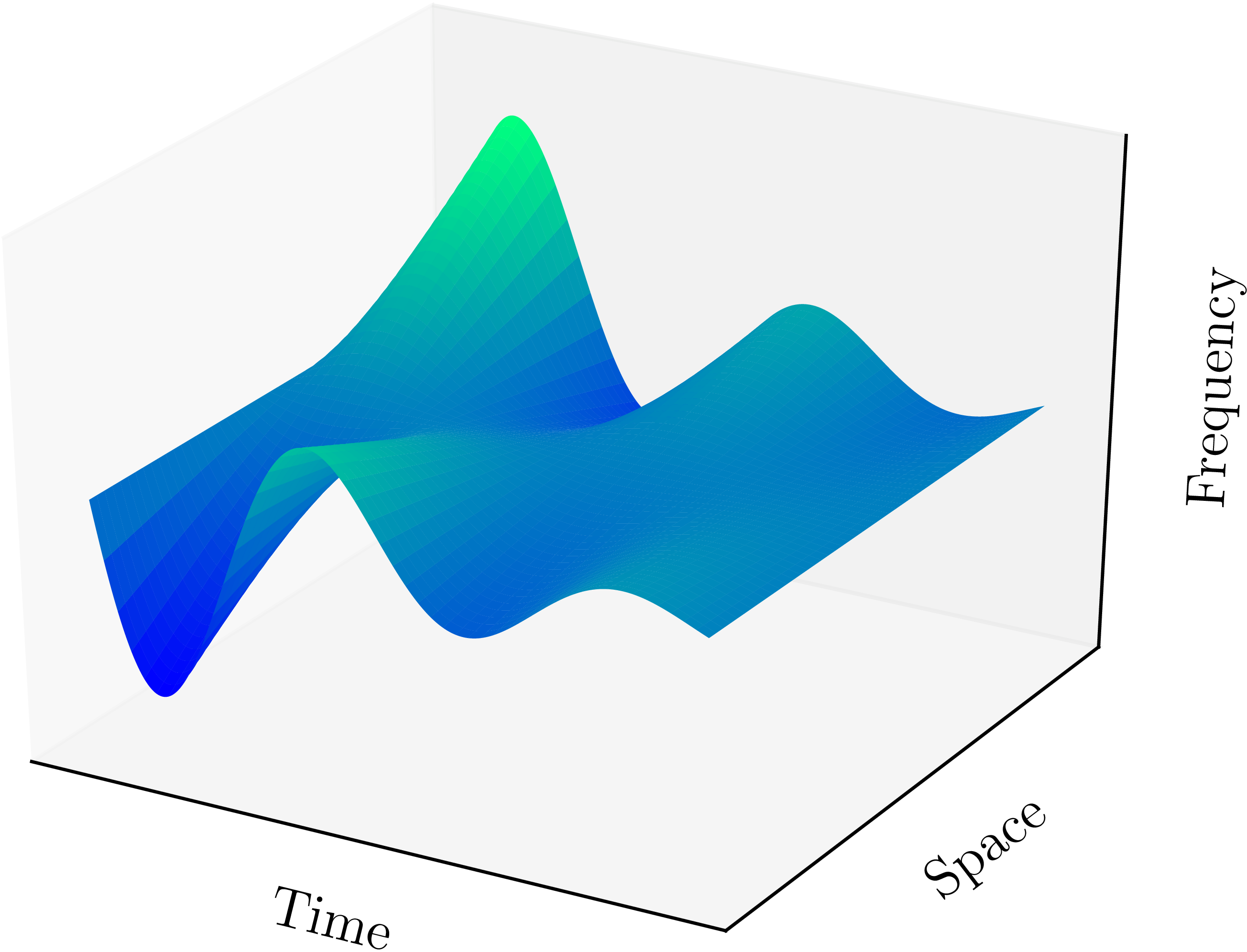
Federico Milano received from the University of Genoa, Italy, the Electrical Engineer degree and the Ph.D. in Electrical Engineering in March 1999 and June 2003, respectively.
From September 2001 to December 2002 he worked at the Electrical & Computer Engineering Department of the University of Waterloo, Canada, as a Visiting Scholar.
He was with the Department of Electrical Engineering of University of Castilla-La Mancha, Spain, from September 2003 to May 2013.
In June 2013, he joined the UCD School of Electrical and Electronic Engineering, where he is currently Professor of Power Systems Control and Protections.
In January 2016, he was elevated to IEEE Fellow for his contributions to power system modelling and simulation. In December 2017, he was elevated to IET Fellow. In February 2020, he joined the IEEE PES Distinguished Lecturer Program.
He is or has been associate editor of several international journals published by IEEE, IET, Elsevier and Springer. In May 2022, he was appointed Co-Editor in Chief of the IET Generation, Transmission & Distribution and, in January 2023, Senior Editor of the IEEE Transactions on Power Systems.
Books
Software
PSAT
The Power System Analysis Toolbox (PSAT) is a Matlab toolbox
for electric power system analysis and simulation. The command
line version of PSAT is also GNU Octave compatible. All
operations can be assessed by means of graphical user
interfaces (GUIs) and a Simulink-based library provides an
user-friendly tool for network design.
PSAT is a free and open source project particularly suited for
teaching graduate courses on power system stability and
control. Compatibility with most common platforms and OS is
provided.
Dome
After ten year of experience matured developing PSAT, I felt the need to restart from scratch and create a new project for power system analysis. The name of this work in progress is Dome. This project is written in Python, C and Fortran. It is a no-nonsense number-crunching command-line application for multi-core 64-bit Unix platforms. The targets of Dome are cutting-edge research and industrial applications. Dome is not distributed as free and open source software. The code will be shared only among researchers and developers collaborating with me.
